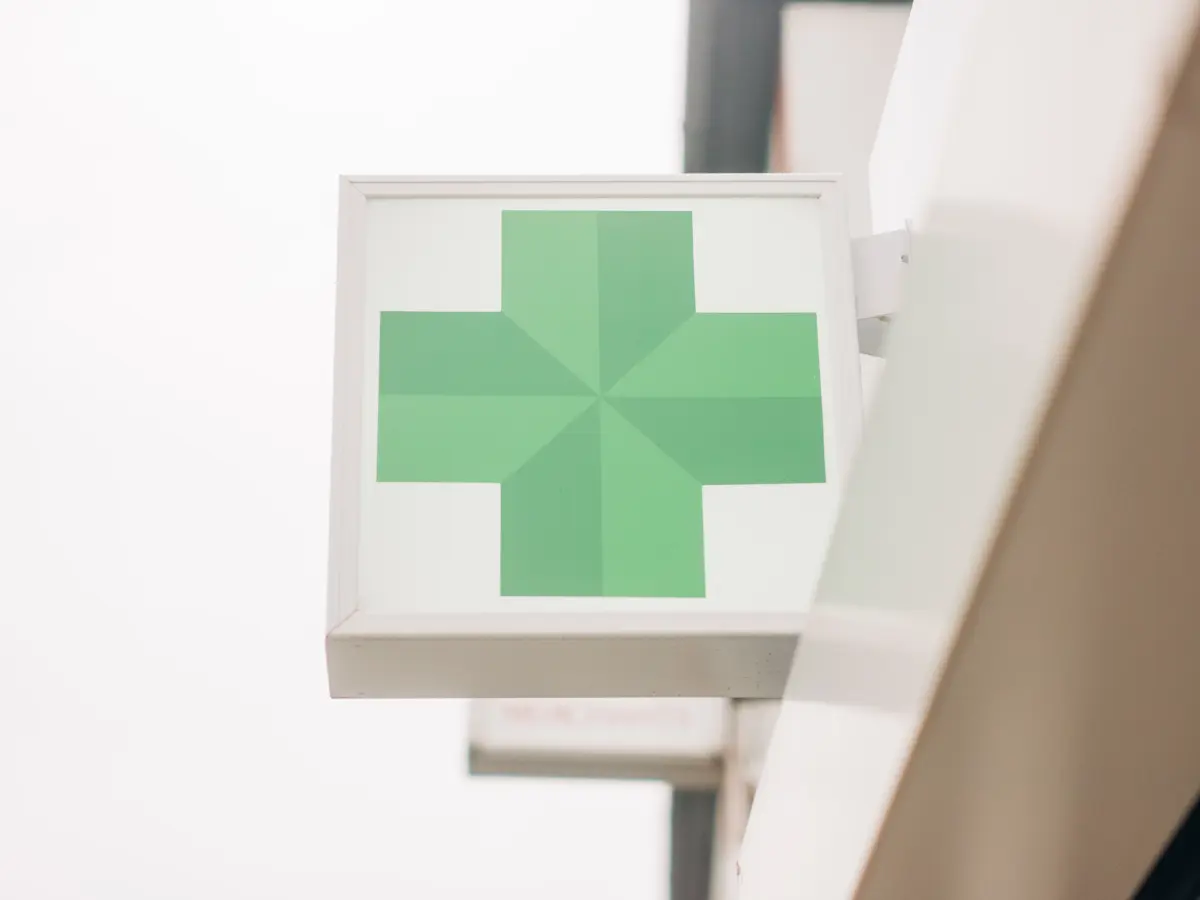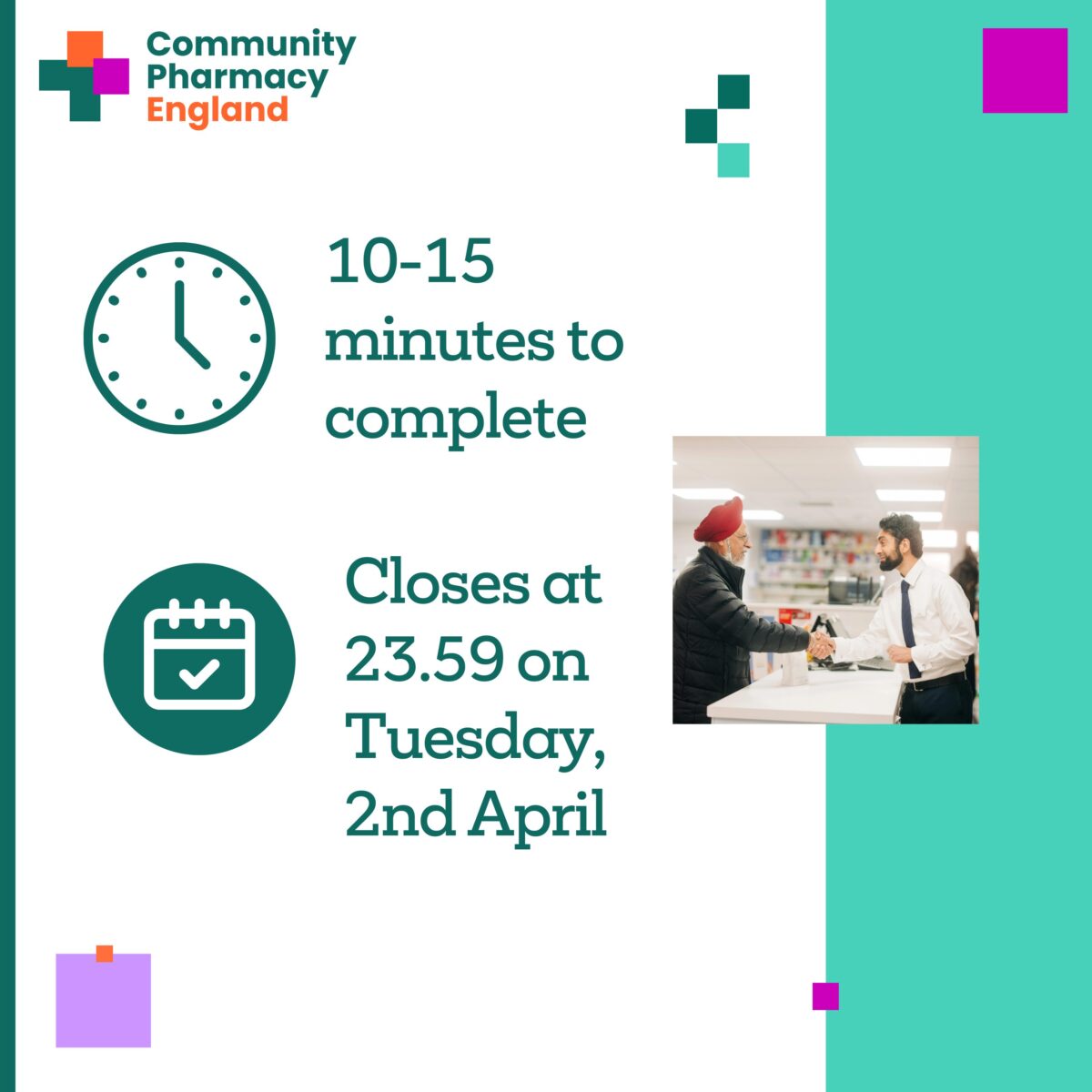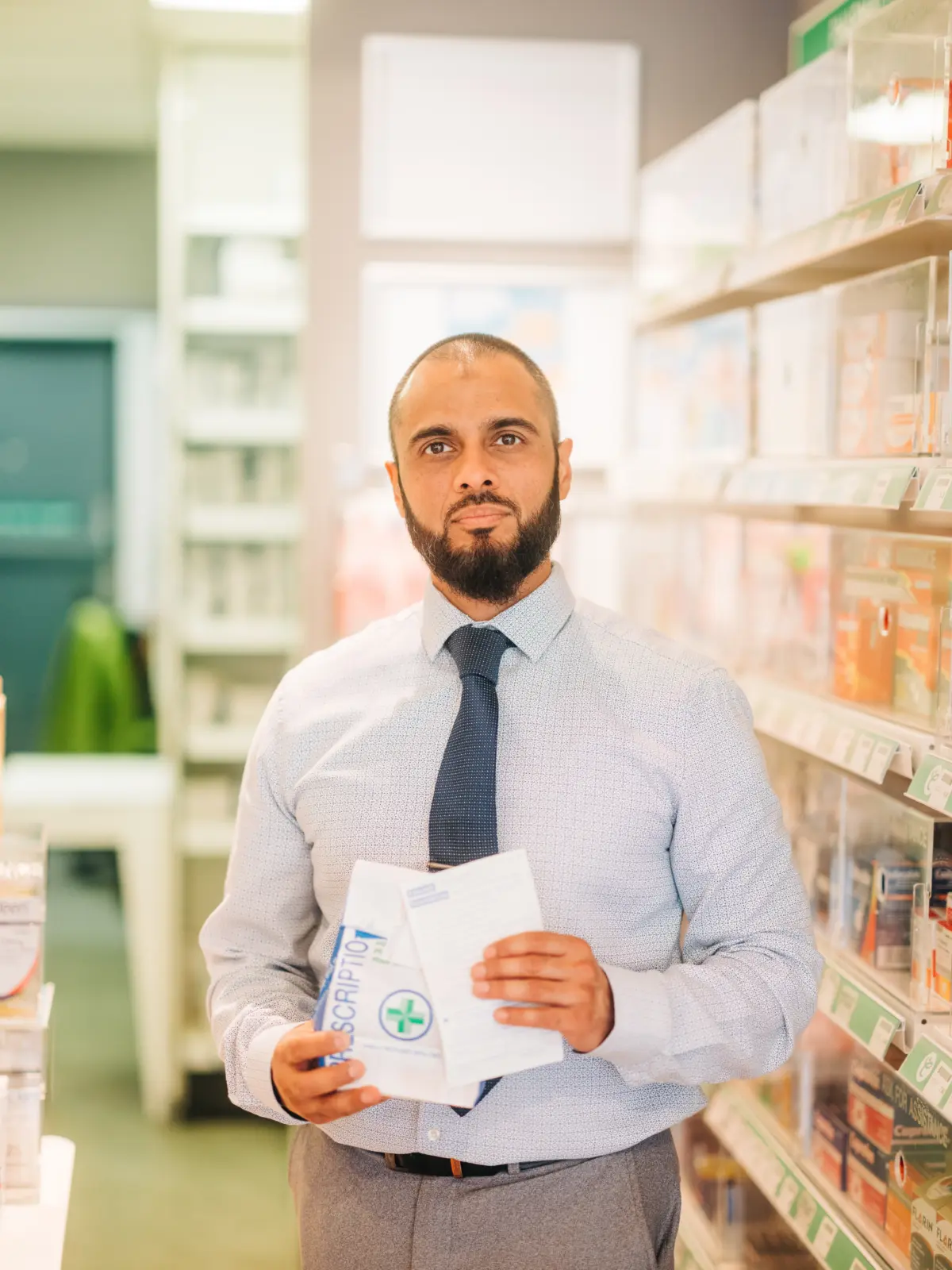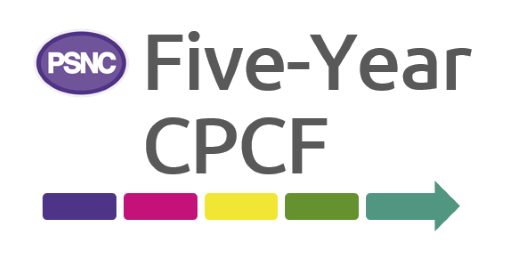Policy Team Blog: February 2022
 By Zoe Long, PSNC Director of Communications and Public Affairs
By Zoe Long, PSNC Director of Communications and Public Affairs
This month the Government and many across the country have been celebrating the end of domestic restrictions linked to COVID-19. The Government’s ‘Living with COVID’ strategy sets out how self-isolation and other rules will be replaced by a risk-management approach focused on encouraging safer behaviours and underpinned by vaccination. Universal free testing and routine contact tracing will stop, although surveillance will continue.
Decreasing rates of COVID-19 infection and hospitalisation are clearly good news for everyone, but for pharmacies and the health service, the ‘Living with Covid’ plan will bring little respite. Ministers are now looking to the NHS to fast-track recovery, which means working through a huge backlog of care and reducing waiting lists and times.
For pharmacies, the focus is now firmly on embedding some of the services agreed as part of the Year 3 CPCF arrangements, while continuing to offer the medicines and advice that local communities need. Pharmacy staff and patients are, for good reason, advised to continue to wear masks (free PPE is still available for pharmacy teams) and to stay off work if they test positive for COVID-19. We await further guidance on long-term testing protocols. It is clear that some of the pandemic-related pressures on pharmacies are not going away immediately. Pharmacies will lose the financial benefits of the Pandemic Delivery Service and Pharmacy Collect – some have already received press criticism over private lateral flow test prices. Some pharmacy COVID vaccination sites are also now working at below capacity, which comes at a cost, and all across the economy costs are spiralling, not least as we face an uncertain future in global politics.
But for all the challenges ahead, we should also take time to reflect on how the sector has once again shown how much it thrives in adversity. Pharmacies gave healthcare advice to more than 50 million people last year, by our estimates, as well as offering a range of new and unpredicted services at very short notice to help the nation. The National Audit Office concluded only last week that community pharmacies and GPs had exceeded expectations and outperformed their targets in the COVID vaccination programme, stating that ‘GPs and community pharmacies were the most popular delivery model for all priority groups’.
This will come as no surprise to anyone in the sector – pharmacies are trusted, local healthcare centres who stepped up and delivered everything asked of them and more during the pandemic. We must keep making noise about that, and we and the other national pharmacy bodies will continue to do so. We are also repeatedly talking about it to officials, policymakers and MPs. You may have seen press coverage today about how much a pharmacy minor ailments service could save the NHS in the long-term, and as one family member of mine reading about this messaged me:
Seems like a win-win situation. Provides an immediate service to the patient, saves GP time, and saves money. What’s the problem?
What is the problem, indeed? There is so much more that pharmacies could do to help the NHS recover, but only if they are supported to do so, and this support is what we will be pressing for in our negotiations on Year 4 of the CPCF. We also need to talk about funding for the walk-in advice that so many people now rely on, and we will be making the case on funding and capacity. You can help us to do that by taking part in the Pharmacy Advice Audit – it requires just one day of recording information on your consultations, and the results feed directly into negotiations and may help to influence decision-making in our favour, as they did on COVID costs last year. See cpe.org.uk/adviceaudit These will not be easy negotiations. But with Freedom Day unlikely to feel like much of a relief for pharmacy businesses, protection and support for them is what we must continue to fight for.







